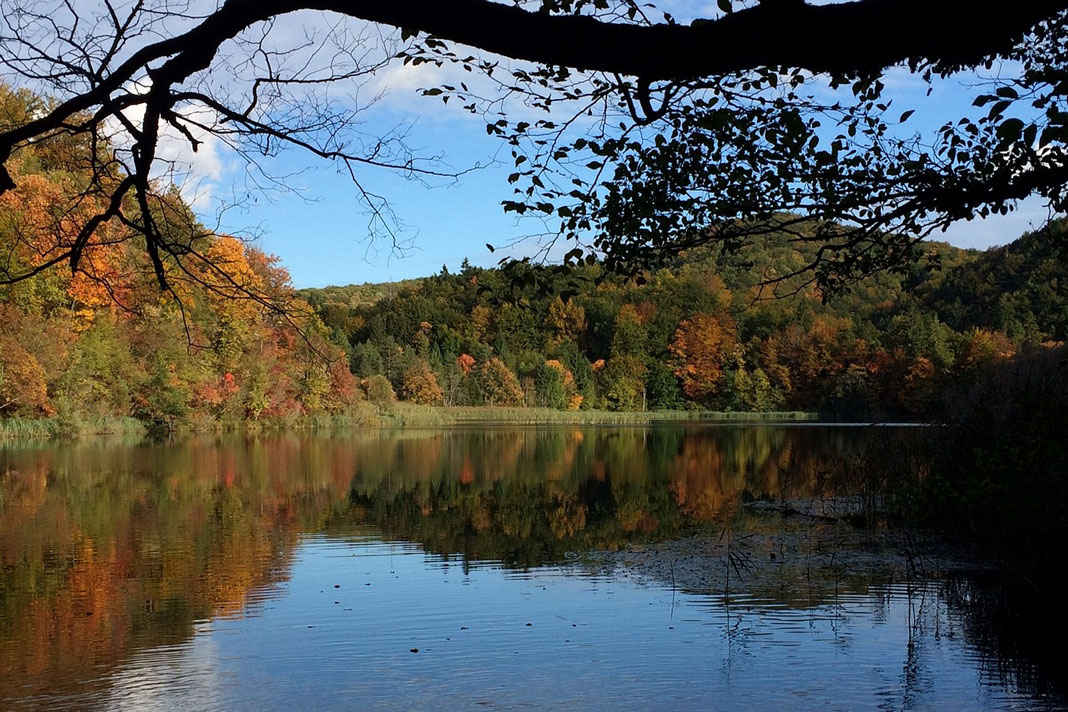The 19th "Aree Fragili" (Fragile Areas) Conference "Going Wild Again: Socio-spatial Trends in Fragile Rural Areas" was held on March 22 - 23, 2024 in Rovigo, Italy. Organised by the Università degli Studi di Trieste and the Department of Land, Environment, Agriculture and Forestry (TESAF) of the Università degli Studi di Padova (UNIPD), the conference was designed to present and discuss rewilding initiatives from different angles.
The term rewilding is frequently used to refer to natural and spontaneous processes, as well as deliberate social acts aimed at stewarding certain species (such as the wolf, bear, and wild boar), as well as complex terrestrial and fluvial ecosystems that shape local community identity.
UNIPD staff delivered four presentations and contributed to the debate as well as to the coordination of two parallel sessions and a round table. Davide Pettenella and Mauro Masiero, the leader of OptFORESTS Task 7.1, were the keynote speakers at the conference, addressing the topic "Rewilding between growing wild and renaturalisation: an economic perspective".
In a dedicated presentation, Laura Secco, involved in OptFORESTS as WP7 leader, explored the current state of European forests and the trends of transformative change represented by global initiatives such as the Sustainable Development Goals, the Decade of Ecosystem Restoration and the Kunming-Montreal Global Biodiversity Framework and their echoes in Europe such as the European New Green Deal and the European Union Biodiversity Strategy for 2030. In this context, Laura Secco presented two Horizon projects: OptFORESTS and WILDCARD, the latter of which focused on the effects of rewilding in forests and agricultural lands.
By building on the two projects, she reflected on different though complementary perspectives – i.e., spontaneous rewilding and human-driven processes. From a policy and socioeconomic point of view she discussed how to support forest management practices in order to turn forest socio-ecological systems more resilient.
